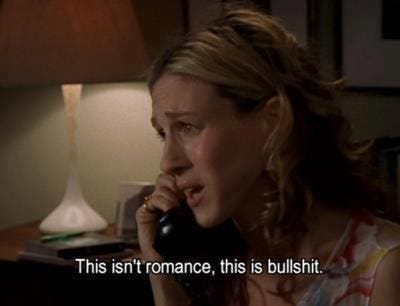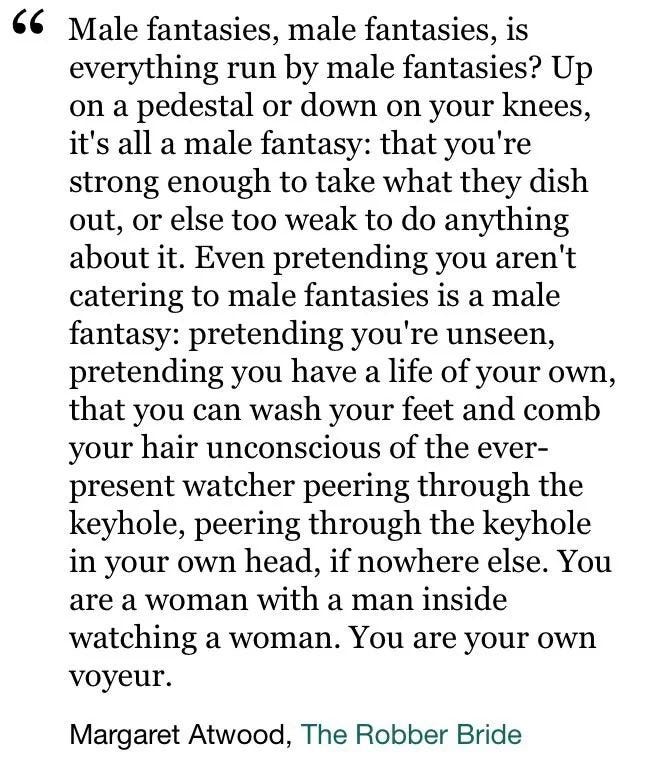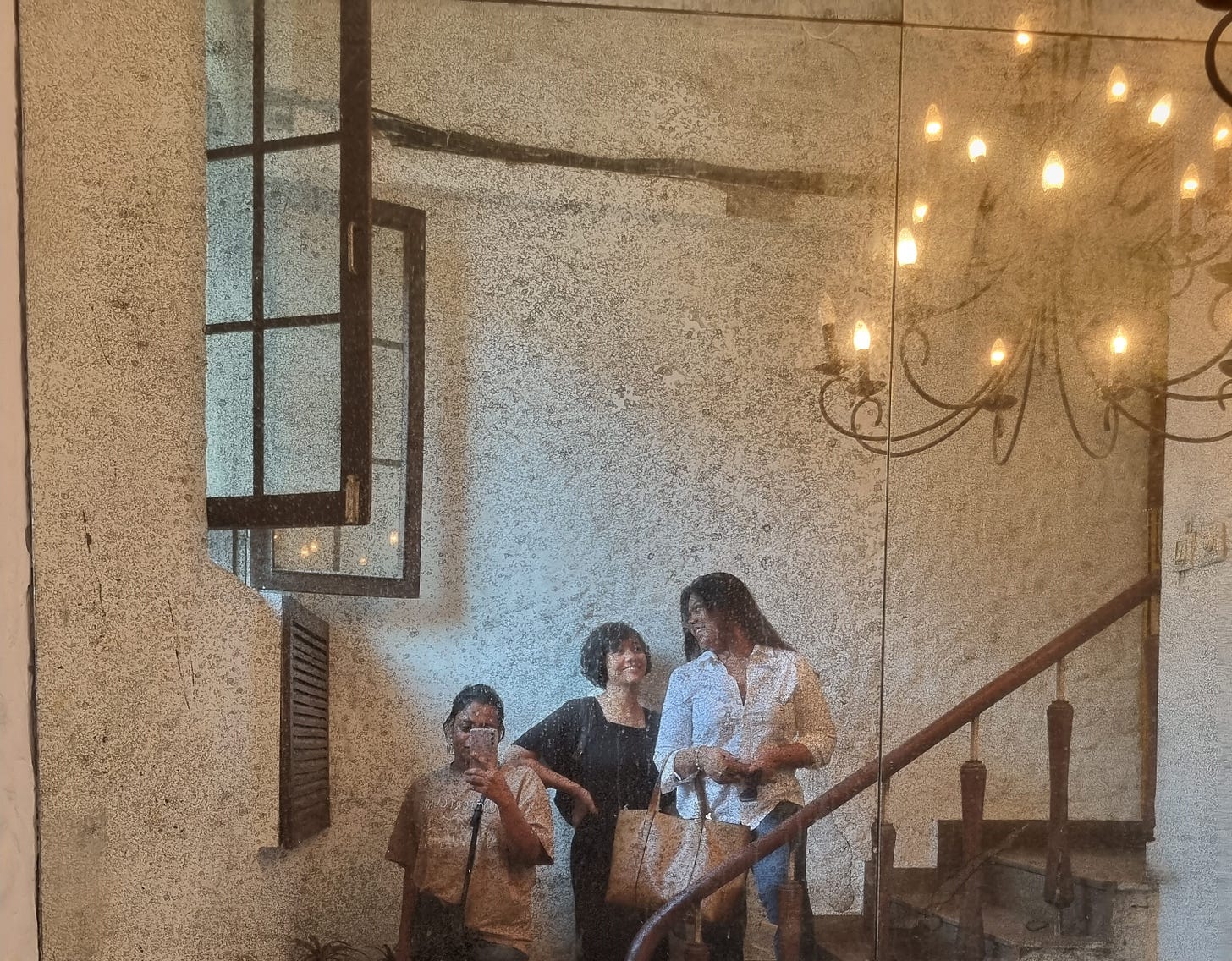Why Do Hot Girls Settle?
This is background for the Love Letters podcast and the live interview will be posted here.
How can we introduce the topic?
I read several stories by women who wonder why they settle and why they compromise their values in relationships with men (I retain the original graphics to better illustrate their points). I’d like to examine them first to understand modern relationships.
For example, Sasha writes on Substack and she asks the question which is a good one to ask. Why do hot girls settle? It is disconcerting to see so much heartbreak and angst around the dance floor where I view it weekly. Serial non-monogamous, friends with benefits arrangements, or rinse and repeat relationships.
What is going wrong?
In a world that often celebrates beauty and attractiveness, it can be surprising to see seemingly "hot" girls settle for partners who may not meet their expected standards. This phenomenon raises questions about self-worth, societal pressures, and personal values. Why do attractive women sometimes compromise their standards? This episode explores the reasons behind this behavior and presents an alternative view rooted in biblical teachings.
Sasha had the treat of catching up with her girlfriends for drinks and a well-needed boogie so the scene is set. Before long, the ladies were commiserating about the relationship travails “across the sticky pub table, and the common consensus was that men are very much underwhelming.”
Sasha reports that her friends are hot, smart, witty, funny, and alluring. They are all girls you’d take home to meet the family. Yet, they are “stuck with mediocre crusty men who can’t even commit to a dinner plan, let alone their feelings.” Sasha was in London and it was a hellish dating scene. She reports: “After multiple failed first dates, some lacklustre one-night stands, and a failed 8-month-long situationship, I, too, began to question the reality of modern dating.” She did get lucky though and out of nowhere a good man popped up. Maybe it’s a rhetorical question but she asks where has chivalry gone?
It seems like Sasha had a traditional upbringing in many ways and no doubt expected that she would be Cinderella. She watched romance comedies with her mother and saw men opening the doors for women, getting flowers, assisting with her coat, or tucking in her chair for dinner. Women expected men to plan a date. Yes, the ladies expect the gentleman to book a restaurant.
Sasha does ask, and I wonder how seriously she acknowledges the real problem she states. “But are we, as women, just lowering our standards while men are making the most of these easily achievable expectations? Or have we been forced to settle on the bare minimum in hopes of finding ‘the one’?”
Indeed, women are most agreeable, they do lower their standards, and they have a low bar while they accept a deficient Prince Charming.
Sasha watched the film, He’s Just Not That Into You for the first time, and it put things into perspective. She reports that after waiting “for a reply after three days of silence was, ‘If he wanted to, he would.’ However, I also fought myself by saying, ‘If I wanted to, I would,’ and I would inherently send that double or triple text.”
Ouch, Sasha, the guy reads those texts as total desperation but she caved and settled. To a dude, that is obvious.
But will things ever change? And what needs to happen?
Dating apps have just made “the dating scene into a fiery pit of hell. They have allowed people to flee conversations without explanation. Thus, ‘ghosting’ is now a standard practice. The abundance of choice has devalued real connections, turning dating into a mindless swipe game where commitment feels optional. We’ve been conditioned to think that effort is a rare commodity, something to be cherished when we stumble upon it rather than a baseline expectation.”
In conclusion, women should recalibrate their standards and demand more, and men need to step up.
Do women need to kill the man inside their head?
how to kill the man inside your head
A feminist's guide to unlearning internalised misogyny.
There is the feminist’s guide to reject men entirely option. This option again internalized misogyny is represented by a Substack article by Abha Ahad. She asks:
“Do you have a man in your head? Gazing at the world through your eyes? Judging? Does he make you second-guess everything you do to simply exist? Does he tell you you aren’t enough? You need to cover up more? Do you occupy too much space?
Does he give you a list of things to do in order to please him? What angles he finds sexy? What number on the scale is acceptable to him? How to protect your feminity? Does he watch you pretend to care about things you don’t and ignore things you do?
Don’t worry. You aren’t alone.”
Ahad confesses: “I have a man inside my head too.”
Abha relates a lifetime of an imaginary man who since she was twelve occupied her mind incessantly. She was told to distance herself from other girls. She had to work out and lose weight. Relationships were impure and sex was disgusting. The man commented and defined her every move, her hair style, her tan, and told her that other girls were too girly.
There was a profound contradiction in her male guidance. Women were Abha’s competition and she should be jealous of them. However, being feminine was bad but also what Ahad was supposed to do. She believed him, and acted always to ensure she had his approval. No surprisingly, she reports “It was exhausting.”
Who was this man? She states: “The man in my head was the personification of the misogyny I had internalised. He was the agent of patriarchy assigned to me. He was also a family heirloom.”
Both her mother and grandmother had a man in their heads. Grandma told Ahad that “without the man inside her head, she will lose her way, culture will crumble, and society will collapse.”
Growing up though Abha thought the man in her head made less and less sense. She actually began to admire women for the sensitivity, empathy, resourcefulness, kindness, beauty, and smarts. Ahad concludes: “They were me. I was them. So, I decided to kill him. It wasn’t easy.”
She poisoned, fought, confronted, and challenged him intellectually.
That man responded that he hated her, but loved her, and missed the old misogynist Abha.
But the community of women around Ahad helped her.
She did have a man inside her head but that she had to kill him by accepting his existence, an “internalised misogyny.” Abha determined to kill the man in her head. She began to read feminist thinkers and make decisions for herself without consulting the man inside her head and she found it exciting and refreshing.
Ahad quotes from Margaret Atwood to make her point. Margaret Atwood is a celebrated Canadian novelist, poet, and literary critic known for her powerful and thought-provoking works that often explore themes of feminism, politics, and the human condition. Born in 1939, Atwood has written over 50 books, including novels, poetry collections, and essays, and has won numerous awards for her writing, including the Booker Prize, the Arthur C. Clarke Award, and the Governor General's Award. Her most famous works include the novels "The Handmaid's Tale" and "Oryx and Crake", which have been adapted into successful films and television series. Atwood's writing is characterized by its lyricism, wit, and intellectual depth, and she is widely regarded as one of the most important and influential writers of her generation. Her work often explores the complexities of human relationships, the impact of technology on society, and the struggle for power and control, and is marked by its nuanced and compassionate portrayal of human experience. Here is an excerpt:
Ahba believed in herself, her brains, and her resourcefulness. The feminists told her “that women don’t give men sex. It wasn’t theirs to take. It was a mutual activity that both should derive pleasure from.” Feminists encouraged Ahad to explore her androgyny.
Androgyny is a term used to describe individuals who exhibit characteristics of both masculinity and femininity, often blurring the traditional gender binary. Androgynous individuals may identify as genderqueer, genderfluid, or non-binary, and may express themselves through fashion, behavior, or identity. Androgyny can take many forms, from individuals who dress in a way that blends traditional masculine and feminine styles to those who identify as having a gender that is neither male nor female. Androgyny can also be seen as a form of self-expression and a rejection of societal gender norms, allowing individuals to challenge traditional gender roles and expectations. In recent years, androgyny has gained increased visibility and acceptance, with many celebrities and public figures embracing androgynous styles and identities.
And do you know what she got in return? She relates: :I got myself. I got a community. I got my biggest cheerleaders. I got my harshest critics. I got people who would defend my name in rooms I haven’t been to. I got people who hold my hand as I go through this journey called life. I got to experience the purest form of love — platonic female friendships.”
For Ahad, the man inside her head killing her lies dormant.
In conclusion, for some feminists, platonic female friendships are the answer.
What about the traditional wife alternative?
There are women who have high standards and enough men to pursue them so perhaps that is an alternative to Sasha’s hot girl dilemma. Next up to consider is Stella Tsantekidou but she writes:
“My Greek town doesn’t need more trad wives.”
This piece was originally published on UnHerd
Stella Tsantekidou
Stella had an exciting college experience as a Greek girl in the UK where she admired the British girls dancing. She vividly recalls the scene: “a flock of British girls dropped like a glitter bomb in the middle of the dance floor. They wore heavy makeup and clothes my Greek mother would describe as man-repellent, and danced like nobody was watching, limbs flailing around like inflatable tube men. I was mesmerised by their evident disregard or ignorance of what is attractive to a man. I was green with envy.”
What was their secret?
“Feminism, I was told at my London university, was what allowed British women to live their lives free of striving to be the embodiment of femininity, a value enshrined in my DNA as a Greek woman.”
British feminism was thrilling to Stella and she caught the fever. She campaigned to ban overtly sexy songs and followed it up with a zero tolerance to sexual harassment campaign. As a left-wing immigrant woman, her student political career unfolded brightly before her.
She was disillusioned though with feminist rage as she realized a conflict with her Greek heritage. Stella “had British friends who saw make-up as optional and being comfortable and authentic as mandatory. But most astonishingly, they were certain they never wanted to get married.” For Stella she had no road map “for a life without the barebones of the nuclear family.”
It was the lockdown that increased the conflict. Stella read “about the tensions between liberal feminism and wholesome traditional values.” Her and her feminist friends were red-pilled with Camille Paglia. Paglia does that to people.
Camille Paglia is an American academic, author, and cultural critic known for her provocative and contrarian views on a wide range of topics, including feminism, sexuality, and popular culture. Born in 1947, Paglia earned her Ph.D. in literature from Yale University and has taught at several institutions, including the University of the Arts in Philadelphia. Her writing often challenges conventional wisdom and sparks controversy, as seen in her 1990 book "Sexual Personae," which argued that Western culture is obsessed with sex and that women's liberation is not necessarily synonymous with sexual liberation.
Paglia's views on sexuality and gender have been particularly influential, and she has been both praised and criticized for her critiques of feminist orthodoxy. She has argued that feminism has become too focused on victimhood and has neglected the importance of female agency and sexuality. She has also been critical of the sexual revolution, arguing that it has led to a culture of promiscuity and exploitation. Despite her controversial views, Paglia remains a respected and influential figure in academic and intellectual circles, and her writing continues to spark lively debates about culture, society, and politics.
“Intellectually, feminism was no longer untouchable; culturally, it was no longer cool. Girl Boss was used as a sarcastic snarl, reserved for women with outward success and questionable values, who were preoccupied with themselves and their image. The conversation had moved on.”
The term "Girl Boss" is a popular cultural phenomenon that originated in the early 2010s. It refers to a woman who is a successful entrepreneur, business owner, or leader in her field, who embodies a strong, confident, and ambitious personality. The term is often used to describe women who have achieved success and recognition in traditionally male-dominated industries or fields, and who are seen as role models and inspirations for other women.
Moreover, Stella returned to Greece to avoid being in London during the pandemic. She relates: “And nothing will make you stop questioning feminism faster than spending six months in your hometown locked in with your mother. I was slapped in the face with a parallel reality I had forgotten about. People back home, including my mother, are not just pro-marriage — they are obsessed with it. Stereotypes are never a fair depiction of reality but can indicate trends, and girls from my hometown, Thessaloniki, have a national reputation. “Thessalonikia” denotes a woman who overdresses, over-grooms herself and is always feminine. The recurring meme is a girl dressed like a Love Island contestant with the tag line: `Thessalonikia going to the library to study.’”
Stella objected to Thessalonikia since it was hurt badly by the financial crisis, with high youth unemployment — especially among young women. The femininity of Thessalonikia related to the economic and social position of women in Greece. The hometown girls were expressing their femininity as “they were desperately trying to distinguish themselves to attract a partner — what they perceived as their only ticket to financial security and social status.”
Stella noted that in Greece the “male gaze” was still omnipresent. “And as a result, more young women spend an increasing portion of their diminishing resources on attracting and keeping the attention and affection of men.”
Stella’s mother pressured her for grandkids. The family raised their eyebrows at Stella’s appearance and attitudes as it dawned on her that cultural elites can revel in their snobbery and intellectualizing but Greece was part of the global majority.
Stella’s mother has a traditional worldview but there was “emotional and practical value in it.” Mom had “a good balance of feminism and family life. She built her own business and planted her office” close by “feeding me spoonfuls of lentil soup with one hand and shouting at clients on her Nokia flip phone with the other.” Education was important, not for navel gazing but to provide opportunities for women so that they were not “locked into marriages they could not afford to leave.”
The priority of Stella’s mom was her daughter’s “sexual reputation and safety.” Tales of abuse were prominent in Mom’s “village on the island of Crete.” Stella relates that “Affluent women may have grown tired of equality, but they shouldn’t give up on the revolution before it’s gone global.”
Stella had three options: Thessalonikias, Girl Bosses, or trad wives. She picked the middle option of Girl Bosses, and not a trad wife.
A tradwife is a term that has gained popularity in recent years, particularly among some conservative and traditionalist circles. It refers to a woman who chooses to prioritize her domestic and family responsibilities over her career or professional ambitions. Tradwives often identify as homemakers, caregivers, and partners to their husbands, and they may choose to focus on raising children, managing the household, and supporting their family's well-being.
The term "tradwife" is a play on the phrase "traditional wife," and it is often used to describe women who reject the idea of feminism and the notion that women must have careers outside the home. Tradwives may see themselves as fulfilling their traditional roles as wives and mothers, and they may prioritize their family's needs over their own personal ambitions.
Some of the characteristics associated with tradwives include:
Prioritizing family and domestic responsibilities over career or professional ambitions
Focusing on raising children and managing the household
Supporting their husband's career and financial well-being
Embracing traditional gender roles and expectations
Rejecting feminism and the idea that women must have careers outside the home
Focusing on personal and family well-being, rather than individual achievement or success
In conclusion, it's worth noting that the term "tradwife" is not universally accepted, and some people view it as a pejorative or a way to reinforce harmful gender stereotypes.
What are three options for the modern woman?
Here we have examined three women with the three possible options: Trad wife, platonic female friendship, or raise standards. For each option there is a response for the allure of feminine attractiveness.
The Allure of Attractiveness
Attractiveness can be a double-edged sword. On one hand, it opens doors to various opportunities, including social advantages, dating options, and career opportunities. On the other hand, it can create unrealistic expectations and pressures. Attractive women may feel that they must maintain a certain image, which can lead to settling because of fear of loneliness or societal rejection.
Societal Pressures and Expectations
From a young age, society bombards individuals with messages about beauty and desirability. Women, in particular, are often judged based on their looks. This pressure can lead to compromises in their choice of partners. The fear of being single or the desire for companionship can push attractive women to overlook red flags or settle for less than what they truly want.
The Pursuit of Validation
Many girls seek validation from others. This need for approval can drive them to choose partners who may not align with their values or aspirations. Instead of focusing on a meaningful connection, they may prioritize the relationship itself, fearing that being single is worse than being in a less-than-ideal relationship.
Emotional Security and Loneliness
The fear of loneliness is a powerful motivator. Attractive women might feel pressure to be in a relationship, leading them to settle for partners who do not meet their standards. The desire for emotional security can overshadow the importance of compatibility and shared values. Even the most confident and attractive women can struggle with feelings of inadequacy, leading them to make compromises.
The Role of Experience
Life experiences shape our perceptions and choices. For some attractive women, past relationships may have influenced their current decisions. Negative experiences can lead to a sense of desperation or a belief that they need to settle for someone who is "good enough" rather than waiting for the right partner.
The Impact of Age
As women age, societal pressures can intensify. The ticking biological clock and the fear of being perceived as "left behind" can push women to settle for partners they might not have considered in their younger years. This shift can be a significant factor in why hot girls may compromise their values.
Peer Influence
Friends and social circles can also play a role in relationship choices. If an attractive woman’s friends are settling or in less-than-ideal relationships, she might feel compelled to follow suit.
In conclusion, the desire to fit in and share similar experiences can lead to compromise in partner selection.
What is the modern Biblical perspective?
Alternative Biblical Perspective
In the Bible, the apostle Paul writes that a woman's desire to be saved and sanctified is not fulfilled through her relationships with other women, but through her relationship with Christ (1 Corinthians 7:34-35). While female friendships can be a source of comfort and support, they are not a substitute for the intimate and sacrificial love of a husband. In fact, the Bible teaches that a woman's primary role is to be a helpmeet to him (Ephesians 5:22-24, Genesis 2:18). This does not mean that a woman's relationships with other women are unimportant, but rather that they should be secondary to her relationship with her husband. A woman who favors female friendships over marriage may be neglecting her God-given role and responsibilities as a wife and may be missing out on the blessings and joys that come from a godly marriage.
Moreover, the Bible offers an alternative view on relationships and the value of self-worth. It emphasizes the importance of inner beauty, character, and faith over physical appearance. In Proverbs 31:30, it states, "Charm is deceitful, and beauty is vain, but a woman who fears the Lord is to be praised." This scripture highlights the significance of spiritual and moral values over superficial traits.
Self-Worth in a Biblical Context
From a biblical perspective, a woman's worth is not defined by her attractiveness but by her relationship with God and her character. Understanding this can empower women to seek partners who share their values and beliefs, rather than settling for someone simply because of fear or societal pressure.
The Importance of Values and Faith
In the Bible, relationships are built on mutual respect, love, and shared faith. Ephesians 5:25-33 emphasizes the importance of love and respect in partnerships. When women prioritize these values, they are less likely to settle for relationships that do not align with their beliefs and aspirations.
The Journey to Self-Discovery
For attractive women, the journey toward understanding their worth can be transformative. It involves recognizing their value beyond physical appearance and embracing their individuality. This journey often leads to healthier relationship choices.
Building Self-Esteem
Developing self-esteem is key to making better choices in relationships. Women should focus on their strengths, talents, and values. Engaging in activities that promote self-discovery can help them gain confidence and clarity about what they want in a partner.
Seeking Support
Building a supportive community is essential. Friends, family, and mentors can provide valuable perspectives and encouragement. Surrounding oneself with people who prioritize values and character can reinforce the importance of not settling in relationships.
Embracing Worth and Values
The phenomenon of attractive women settling for less than they deserve is complex and influenced by various societal, emotional, and personal factors. However, by understanding their worth and embracing biblical values, these women can make empowered choices in their relationships. Instead of compromising their values, they can seek partners who respect and uplift them, leading to fulfilling and meaningful connections. Ultimately, the journey toward self-discovery and faith can guide attractive women to a path of genuine love, respect, and lasting happiness.










